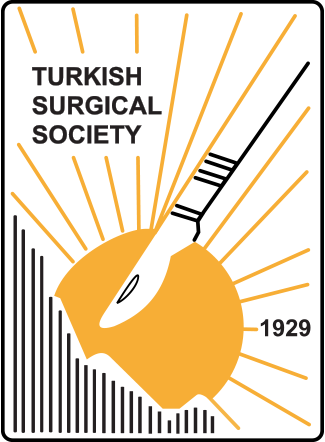The end of summer is a very complex and deeply experience. It is such a time blending the farewell with the promise of a new beginning. While humans may feel a sense of loss for the sun-filled days and the freedom it represents, this transition offers a big chance for reflection and a preparation for what lies ahead. The beginning of the season is a burst of energy and possibility, its conclusion arrives with a more subdued grace: The frantic spirit of June and July gives way to a quieter mood as August draws to a close. The romanticization of summer overlooks the psychological challenges that can accompany the season's changes. The change is marked by more than a drop in temperature; it is an emotional shift, a collective feeling of wistfulness as we prepare for the routines of the autumn.
There is a unique and often bittersweet quality to the summer months for a surgeon. While the world may slow down for a summer holiday, the hospital does not. The surgeon’s summer is a testament to our dedication—a season where the pursuit of personal wellbeing is always secondary to the ultimate responsibility of saving lives. So called the “summer blues” are a valid and complex emotional experience that challenges the traditional narrative of the season as a time of pure joy. Our life is defined by a rigid, demanding and relentless schedule. The precision and focus that we require in the operating theatre demand a level of psychological and physical energy that leaves a tiny room for spontaneity. I think that the summer, with the promise of a vacancy and temporary loosening of our professional ties, is not just a season but a vital oasis. The months that we left behind represent a brief window to reconnect with the others, or simply decompress from the massive stress of our daily routine. As the autumn approaches and our administrative/academic calendars fill up again, the surgeons must prepare to leave the oasis behind and reenter a world where our every decision carries an immense gravity.
On the other hand, for a patient undergoing a major surgical procedure in the summer, that is a deeply personal and often challenging experience that runs counter to the season’s typical narrative. It causes the isolation and frustration of being unable to participate in the activities that others enjoy. The recovery from surgery inherently involves a period of confinement and limited mobility. While the friends are on vacation, the surgical patient is often confined to bed-rest, managing pain and adhering to a strict regimen of rest. This experience creates a unique emotional and physical landscape, forcing a redefinition of what the season means and testing an individual’s resilience in the face of unforeseen challenges. The sunshine that once symbolized freedom can instead become a cruel reminder of what has been lost, a constant presence outside the window that highlights one’s own stasis. It is at this tough intersection that the deliberate practice of surgical healing, both physical and emotional, becomes a very crucial tool for navigating these challenges.
Eventually, the summer months feel like a collective exhale for a fully recovered patient and a fatigued surgeon, however, the academic profession rarely affords such a complete pause. Hence, our journal strives to be a constant, a source of scientific nourishment and professional support that transcends the seasons. In the current issue, we are featuring a range of articles designed to both challenge and inspire. We are so honored to be a part of the professional journey and look forward to the contributions and insights that will shape the future of surgery.
As always, thanks to our readers for their support.
Prof. M. Umit Ugurlu
TurkJSurg Editor-in-Chief



